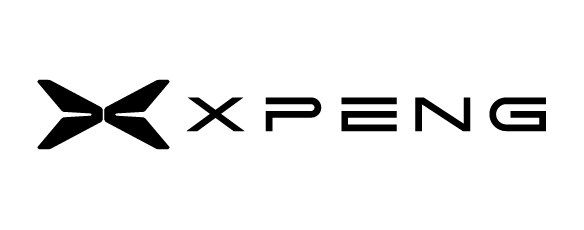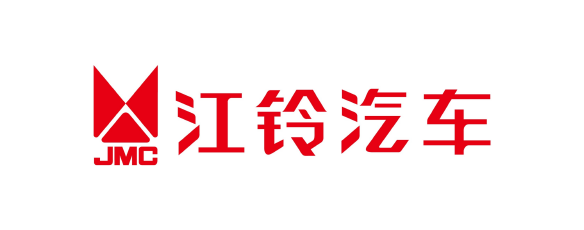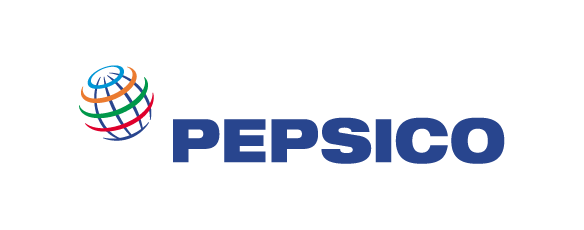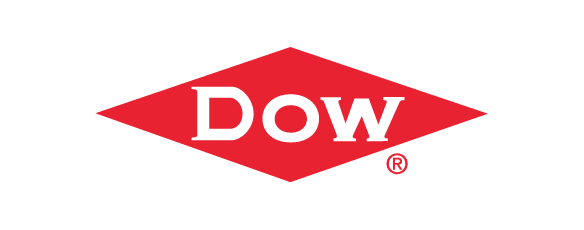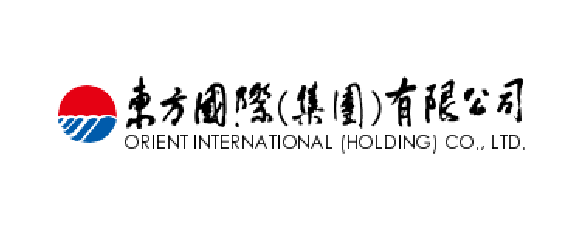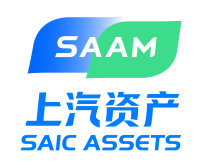
Supply Chain Emissions Reduction
What is Scope 3 (supply chain) emissions
According to the GHG Protocol, corporate carbon emissions can be categorized into direct emissions (Scope 1, such as fuel combustion), indirect emissions (Scope 2, such as purchased electricity), and other indirect emissions associated with the upstream and downstream activities in the supply chain (Scope 3, including purchased goods and services, transportation and distribution, business travel, and employee commuting).
While many companies have taken steps to reduce Scope 1 and Scope 2 emissions, approximately 70-90% of greenhouse gas emissions come from Scope 3 upstream and downstream supply chain activities. Therefore, reducing emissions in the supply chain is crucial for companies to achieve long-term carbon goals, and neglecting supply chain emissions can hinder the realization of these goals.
Using the supply chain carbon reduction management system, Carbon Newture helps clients achieve green supply chain carbon management.

Enterprises that demonstrate excellence are taking action
Leading enterprises in industries such as textiles, chemicals, manufacturing, retail, and transportation have incorporated supply chain emissions reduction into their carbon goals
The following leading enterprises are also taking action
The traditional supply chain management is facing challenges
Long and complex chain
A company often has thousands of suppliers, making the chain long, complex, and challenging to integrate carbon data across the entire chain
Sensitive data and difficult collection
Obtaining reliable carbon emission results requires suppliers to provide production data, and collecting sensitive information is challenging
Broad scope and difficult verification
Companies struggle to independently manage the vast data from each supplier, compromising the transparency and reliability of the data
Slow progress and tracking difficulties
Communicating data details and progress across multiple tiers of the supply chain leads to challenges in uniformly monitoring and tracking suppliers' progress in real time.
Platform + Service Breaking through the challenges in the supply chain
CarbonNewture's self-developed digital management platform and professional services are dedicated to helping clients solve the pain points in supply chain management.

End-to-end
Breaking the data isolation between upstream and downstream in the supply chain, providing a comprehensive supply chain carbon reduction service with "one-touch access and strict traceability", capable of managing a large number of multi-tier suppliers in a one-stop manner.Secure and reliable
As a medium for communication of data between upstream and downstream, the platform always prioritizes technical confidentiality and data security to prevent the leakage of sensitive supplier data. The circulated carbon data is verified by a third party, ensuring data compliance and security.Data transparency
Using technologies such as blockchain, the platform ensures the security, reliability, and transparency of corporate carbon data while achieving end-to-end traceability and verification of upstream and downstream carbon emission data.Efficiency
Collaborating with suppliers online to enhance process efficiency, effortlessly obtaining decision-making carbon reports, and visualizing data.
Standards we follow
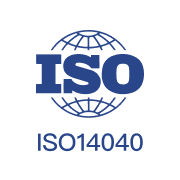
Environmental management — Life cycle assessment — Principles and framework
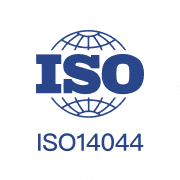
Environmental management - Life cycle assessment - Requirements and guidelines
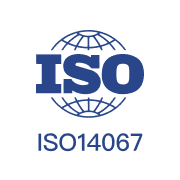
Greenhouse gases - Carbon footprint of products - Requirements and guidelines for quantification
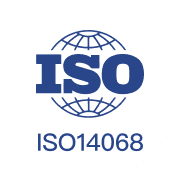
Greenhouse gas management and climate change management and related activities — Carbon neutrality

Requirements and Guidelines for Quantifying the Carbon Footprint of Products in Terms of Greenhouse Gas Emissions

General guideline of the greenhouse gas emissions accounting and reporting for industrial enterprises

Requirements of the greenhouse gas emission accounting and reporting—Part 7: Flat glass enterprise

Requirements of the greenhouse gas emissions accounting and reporting —Part 10: Chemical production enterprise

Requirements of the greenhouse gas emissions accounting and reporting—Part 12:Textile and garment enterprise
Empower brands to enhance their green value
helping enterprises successfully create ”Carbon Neutrality“ IP and a new brand image




